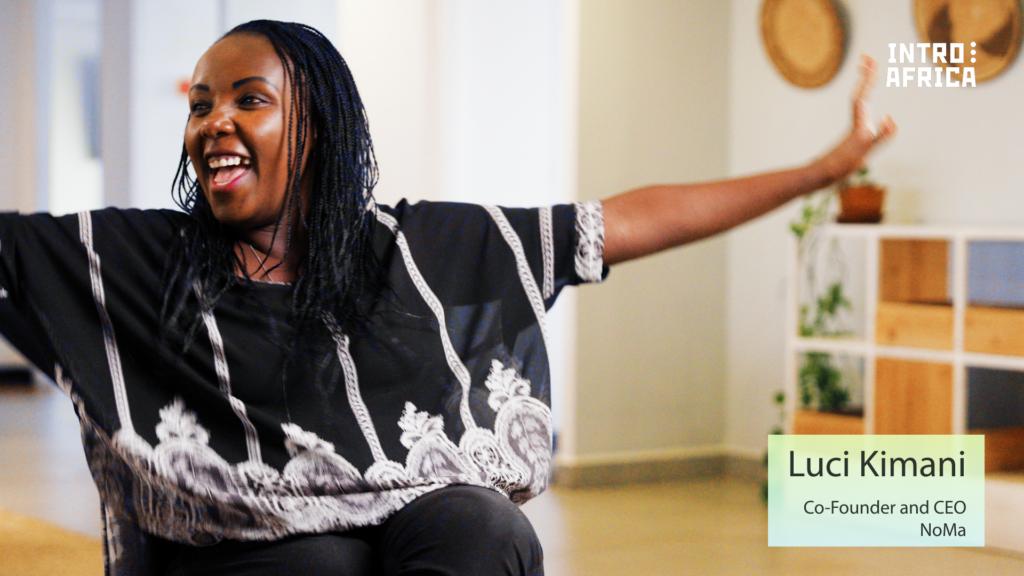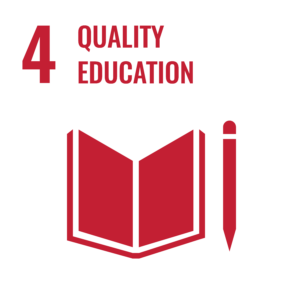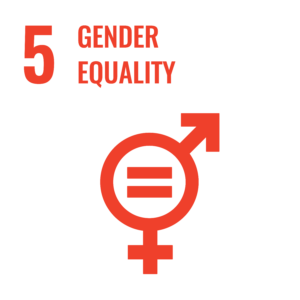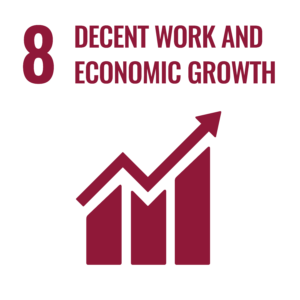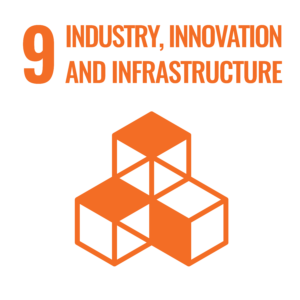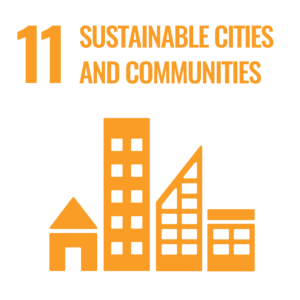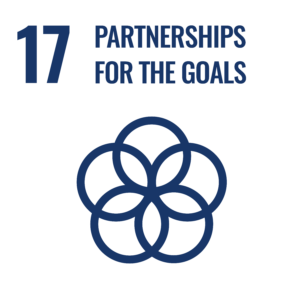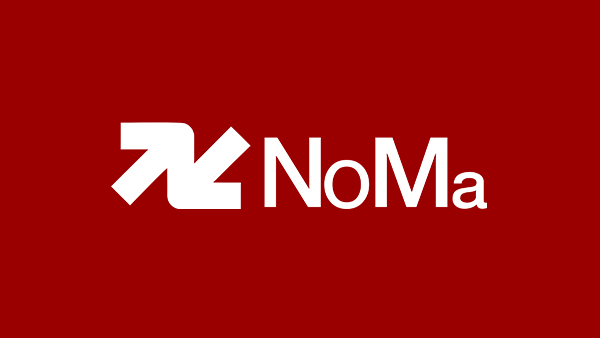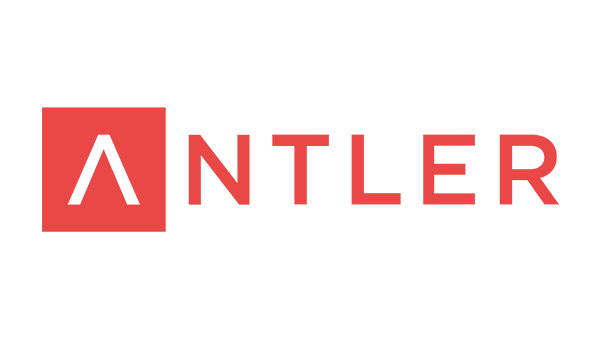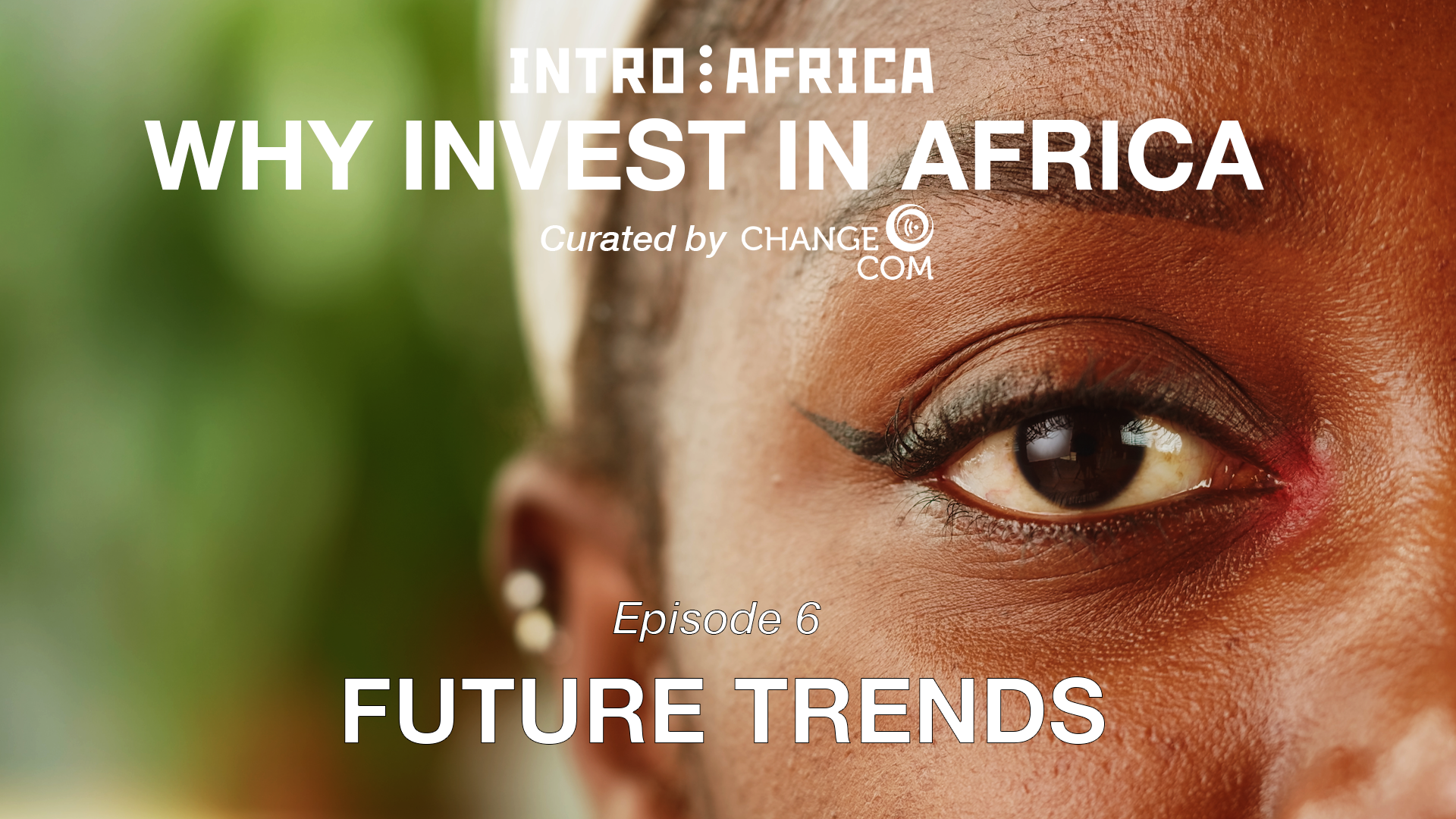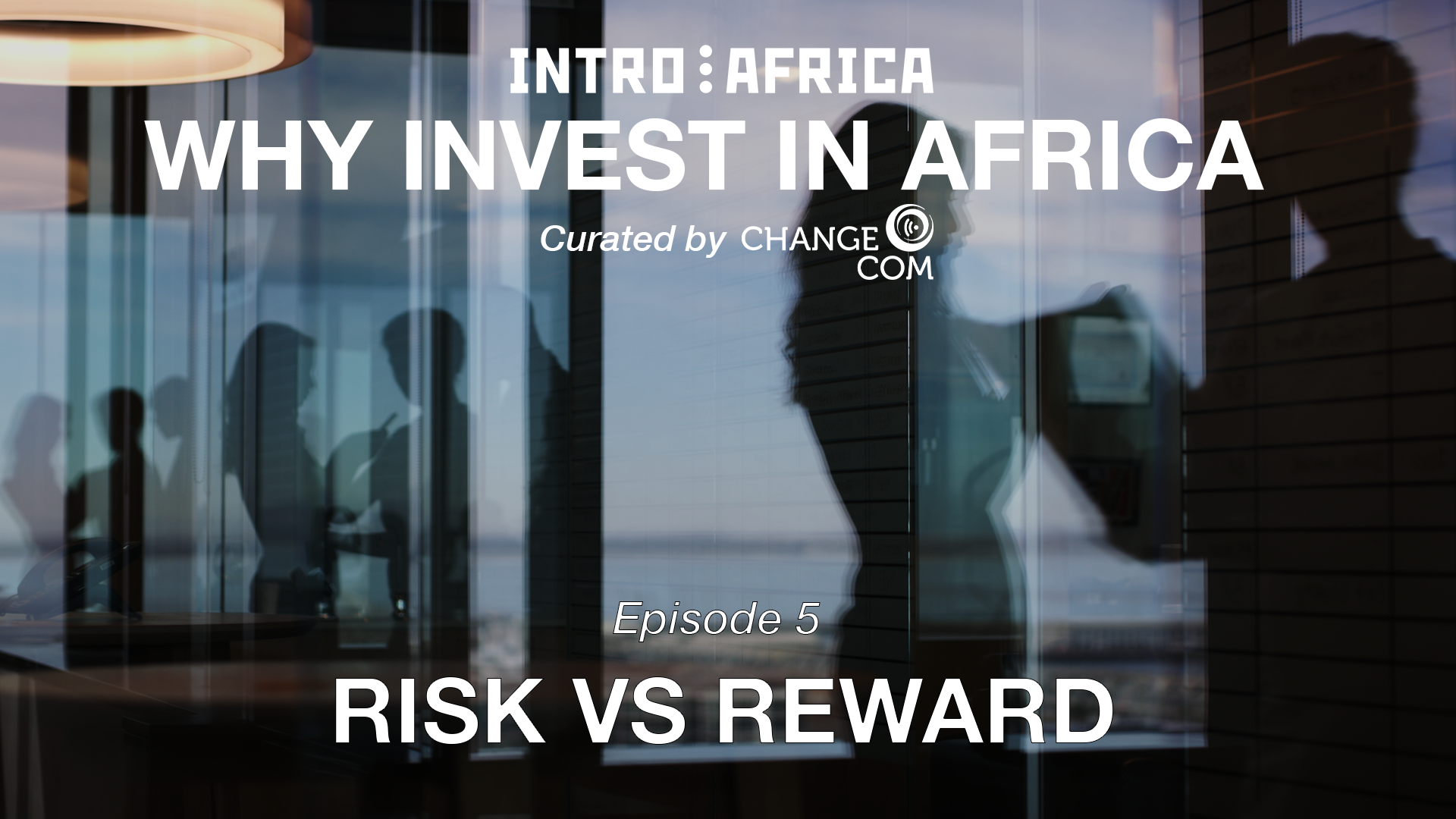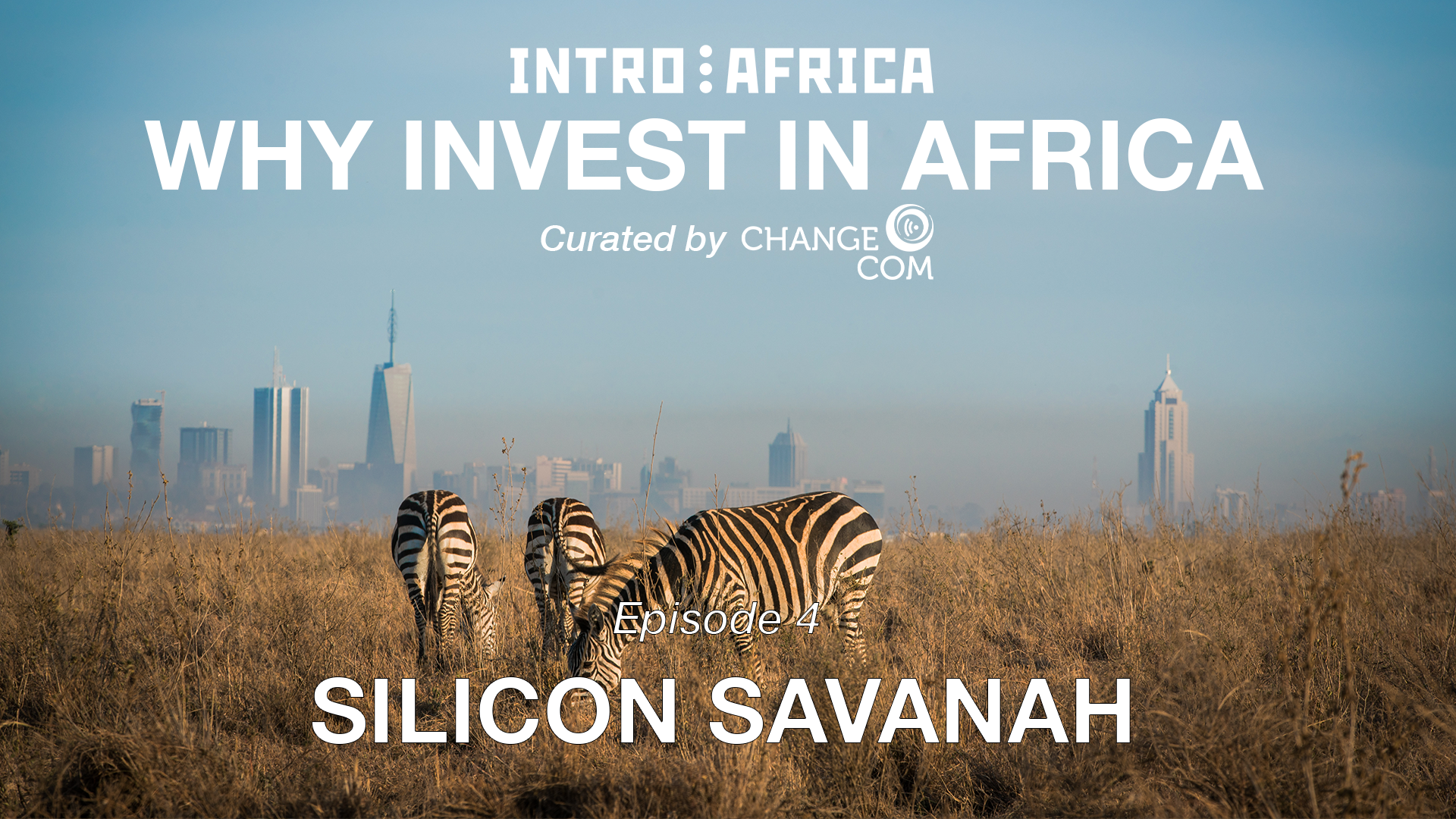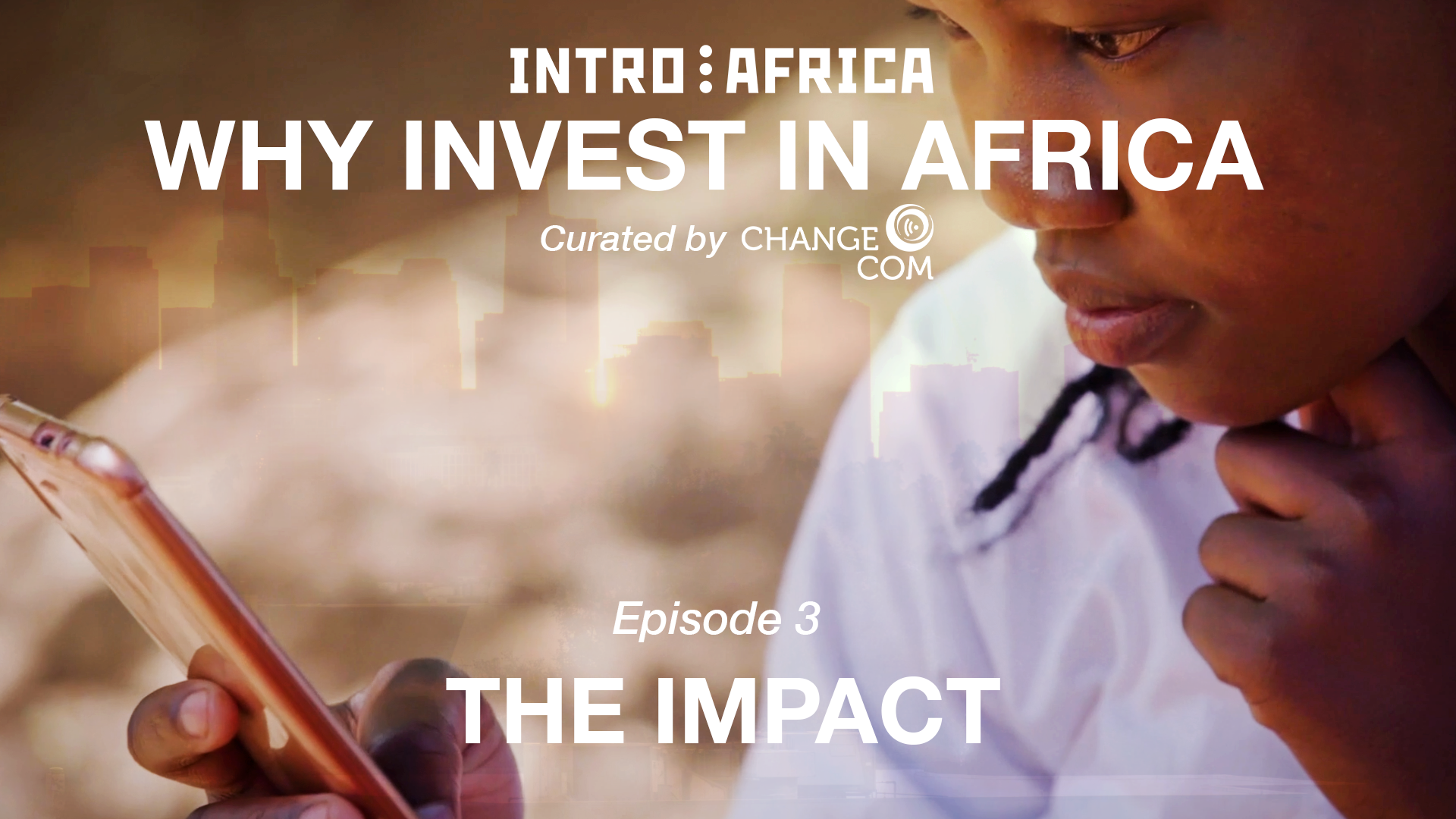Episode 6 The Future – A story curated by Change Com
Making it safer, smarter, and more transparent
African entrepreneurs are reimagining solutions to everyday challenges, and the world is taking notice. Across the continent, a wave of tech innovation is transforming how communities live, learn, and move. Among the standout changemakers is Lucy Kimani, founder of NoMa, a Kenyan startup digitizing school transportation to make it safer, smarter, and more transparent.
NoMa is a software-as-a-service (SaaS) platform that empowers schools and parents with real-time tracking, route optimization, and seamless communication, offering a tech-first approach to a sector that has long been informal and inefficient. With NoMa, parents gain visibility into their children’s school journeys, schools can manage their fleets with greater oversight, and drivers operate within a more structured and accountable system.
More than just moving students, NoMa is moving Africa forward, one safe ride at a time. In this interview, we speak with Lucy about her entrepreneurial journey, the challenges of organizing school transport in Kenya, and her bold vision for a greener, tech-enabled future.
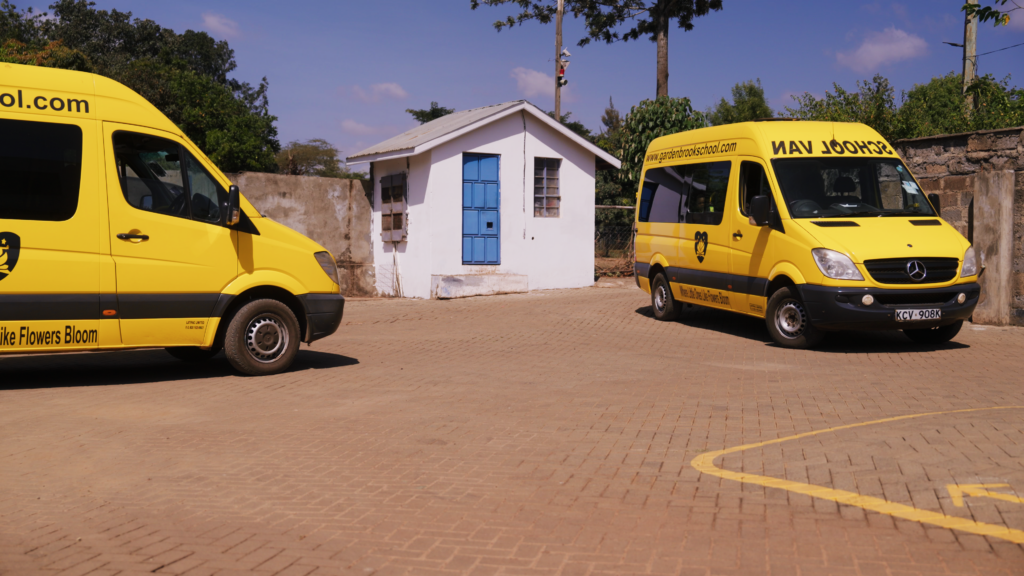
IA: Can you tell us what NoMa is and the challenges you have set out to solve.
Lucy: NoMa is solving the challenge of access to safe, reliable, and efficient school transportation for students in Kenya. We address parents’ concerns with real-time tracking and communication tools that ensure transparency and peace of mind.
IA: How has this been organised in the past for school transport? Is this a whole new space you’re tackling?
Lucy: Traditionally, school transportation in Kenya has been fragmented and informal, while lack of route optimization and capacity utilization results in longer routes, resulting in high consumption of fuel, which is trickled down to the parents’ pockets and longer commuting times for children. NoMa is introducing structure and transparency to this space with a tech-driven approach.

IA: The school bus transport system is the largest in Kenya, with people using it on a daily basis. Can you tell us, what impact does your solution have on pupils and parents?
Lucy: NoMa provides peace of mind to parents with real-time updates on their children’s journeys. Students benefit from safer, more reliable transportation, reducing stress and delays through a properly formulated platform.
IA: Can you tell us how this brings a new layer of safety to peoples lives?
Lucy: Real-time tracking and communication allow parents to monitor their children’s journeys. Through the NoMa platform, schools get to monitor driver behaviour and identify gaps that enable tailored driven driver training needs.

IA: Tell us about the vision to create zero emissions services.
Lucy: By partnering with eco-friendly organizations, we aim to integrate electric and hybrid vehicles into our 3rd party fleet that we will provide to schools, reducing carbon emissions.
IA: What is needed to scale your solution?
Lucy: Proper marketing channels are needed to scale our solution – With marketing efforts in the hands of experts and with individuals with domain expertise, NoMa can focus further on their core competencies and strategic growth initiatives. Access to capital – This can be through both local ventures and international Venture Capitalists in order to support the rapid growth stage we are currently facing.

IA: What do you believe are the main criteria for an entrepreneur to achieve success in the African startup space?
Lucy: Deep understanding of local market needs and tailoring solutions accordingly are important, as well as building resilience and adaptability to overcome infrastructure and funding challenges.
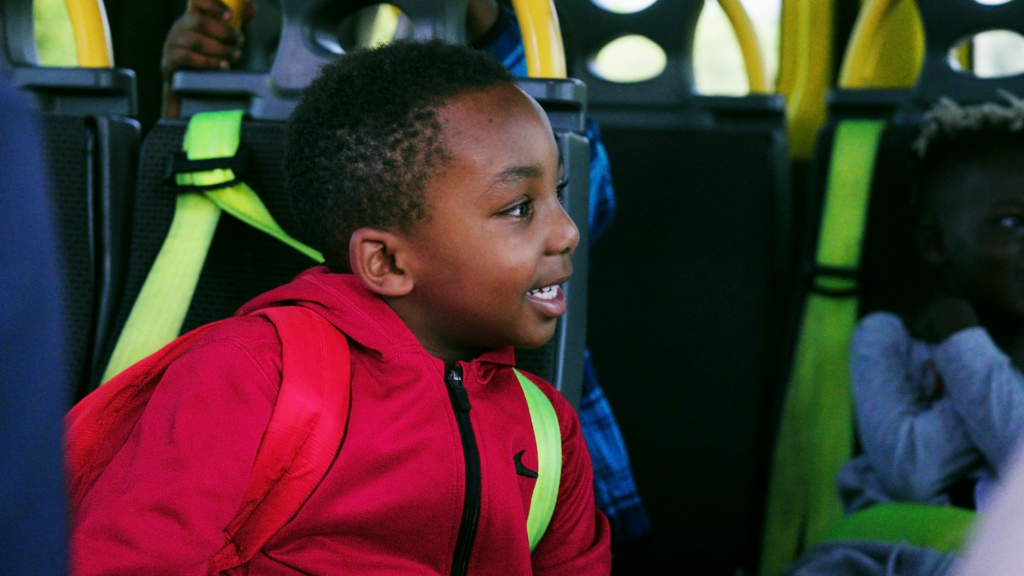
IA: What is your vision going forward?
Lucy: Building a sustainable future in which children get transported more efficiently, learn and live in a green, sustainable and meaningful future.
